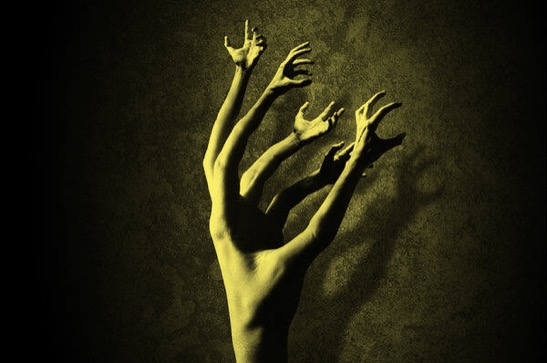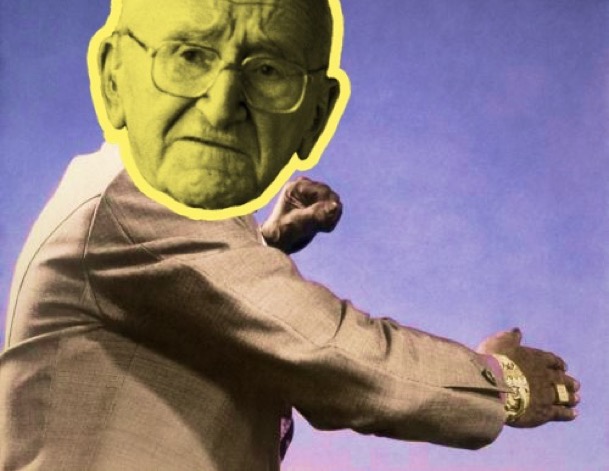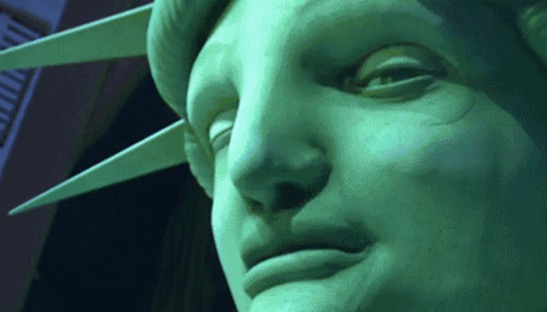No invisible hand guides the hearts of the people.
The Common Good Will Out—Or Will It?

Is liberalism still entitled to give itself a hand?
2019 is, by any reckoning, a bad year for liberalism. This is not only so at the level of practice, or at the level of theory, but at the level of what liberals might call public reason. More people across the ideological landscape are distinguishing gaps between what they perceive is so and what basic liberal concepts say is so, and the extent of these gaps is beginning to drive the discussion around the future of political liberalism.
The system does have its defenders. But the qualified defenders have moved toward center stage. In a new essay at National Affairs, for instance, Ryan Anderson and Robert George claim that liberalism as legal “neutrality” can and should be rejected without throwing the liberal baby out with the bathwater. Today’s debate, they write, is warped by the assumption “that an argument against any single component of one view counts as a good argument against all the elements of that view, and a sufficient argument for all the elements of the alternative.” Too many critics of liberal neutralism wrongly “count their (sound) criticisms of that idea as a good argument against ‘liberal’ institutions or principles such as freedom of speech or religion.” Anderson and George make the case that non-neutralist liberties that “predate John Locke” can and should be rationally maintained.
But liberalism has encountered some of its roughest waters on the economic front, not the political one. For the economic liberalism that traces back to the likes of Adam Smith established a philosophical template which influential liberals began applying to social and political life writ large. While Locke’s liberal theory of good order may largely be compatible with these socioeconomic accounts, writers today are raising the question of whether the anthropologies beneath them may ultimately differ more than they agree. Put differently, to wrestle with Locke is not to wrestle with the so-called “invisible hand.”
And at a time when much of science, hamstrung by a crisis in the theory of causation, is still tantalized by “emergence” theory, critiques of invisible-hand theory have new relevance. In a recent essay taking that approach—and mentioning Locke zero times—Adrian Vermeule advances one of today’s most pointed intellectual polemics against belief in the good order of invisible hands. That sort of liberalism, he writes, “stands in an unhappy, and chronically unstable, halfway posture, caught between a preliberal faith in the invisible hand of Providence and self-destructive appreciation of its own contingency. Having dispensed with the superintending design of Providence in favor of contingent, indirect mechanisms, liberalism is astonished to find that there is no guiding hand to ensure the fulfillment of its own faith. The predictable reaction is liberal fideism, which insists ever more stridently on the truth of liberalism’s unverifiable and potentially self-defeating claims.”
Vermeule’s critique is sweeping. It runs not only through traditional economic markets but the “marketplace of ideas,” and from there on to adversarial litigation, checks-and-balances theory, religious pluralism, and perhaps beyond. “Liberalism’s characteristic obscurantism is to conceal its own character as political theology,” he concludes, “as one of the great world religions.” Perhaps economic liberalism is not so economic after all—as the Scottish Presbyterian Smith might well, as far as it goes, agree!
Are we, then, thrown back on the infamous theological-political problem after all? And if so, how are we to freshly assess the prospects for America’s regime as an enduring solution? If there is a stable point or zone for small-l American liberals to rally in that regard, where is it?
Probing those questions here, in response to Vermeule’s case against liberalism’s invisible hands, are Aaron Sibarium and Samuel Gregg, with responses in the coming days from Dan McCarthy, Sam Hammond, and TAM Editor Matt Peterson.
The American Mind presents a range of perspectives. Views are writers’ own and do not necessarily represent those of The Claremont Institute.
The American Mind is a publication of the Claremont Institute, a non-profit 501(c)(3) organization, dedicated to restoring the principles of the American Founding to their rightful, preeminent authority in our national life. Interested in supporting our work? Gifts to the Claremont Institute are tax-deductible.
Disillusioned liberalism can pull us from the hellbroth of clashing absolutists.
Life under liberalism is servile, though there is no slavery.
Vermeule's Adam Smith is a straw man.
A different leap of faith could be far more dangerous.





